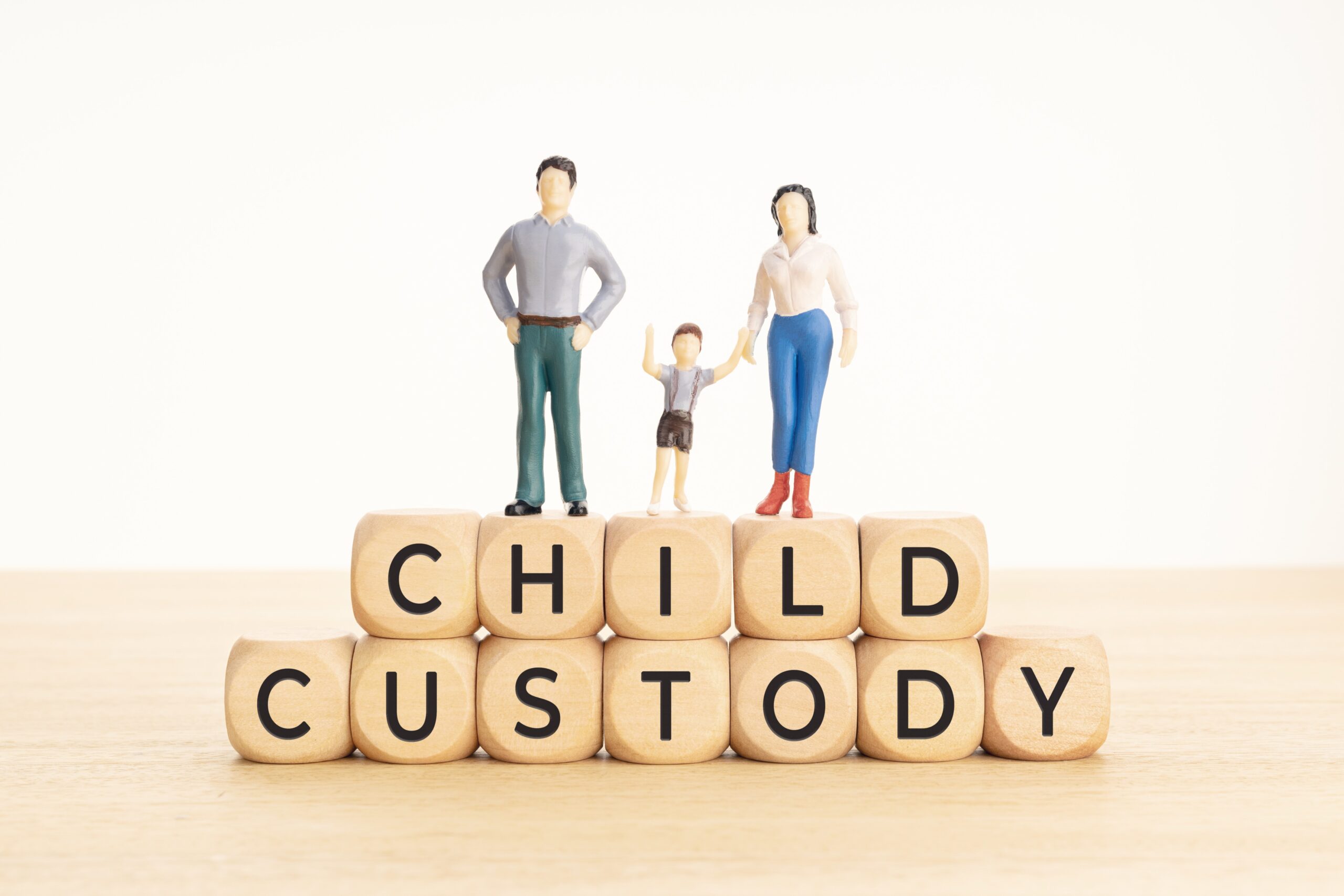Child custody matters are often complex and emotionally charged. If you are involved in a…
Do You Need a Lawyer in a Case of Child Custody in Charlotte? – Guest Post

When it comes to matters of child custody, emotions can run high and decisions can be complex. If you’re facing a child custody battle in Charlotte, North Carolina, you might be wondering whether hiring a Charlotte Child Custody Lawyer is necessary. This article will provide you with a comprehensive understanding of the factors involved in child custody cases and help you decide if hiring a lawyer is the right choice for you.
Introduction
Child custody cases can be emotionally charged and legally intricate situations. Whether you’re going through a divorce, separation, or a dispute with the other parent, it’s crucial to understand your rights and options.
Understanding Child Custody Laws in Charlotte
Charlotte, being in North Carolina, follows specific child custody laws that prioritise the child’s best interests. Custody can be categorised into legal custody (decision-making) and physical custody (residential arrangements).
Navigating the Legal System
Types of Child Custody
There are different custody arrangements, including sole custody, joint custody, and shared custody. Each has its own implications on decision-making and visitation schedules.
Factors Affecting Custody Decisions
Courts consider various factors like the child’s age, parental ability, stability, and any history of abuse. Understanding these factors can help you build a strong case.
Benefits of Hiring a Lawyer
Expertise in Family Law
A qualified family lawyer brings in-depth knowledge of child custody laws and prior case experiences to the table. They can guide you through legal complexities.
Objective Guidance
Emotions can cloud judgment. A lawyer provides unbiased advice, ensuring decisions are made in the best interests of the child.
Paperwork and Documentation
Child custody cases involve extensive paperwork. A lawyer ensures all documents are correctly filed, preventing potential delays.
When Might You Not Need a Lawyer?
In cases where both parents mutually agree on custody arrangements, legal representation might not be mandatory. However, consulting a lawyer to review the agreement is still recommended.
Self-Representation: Pros and Cons
Pros of Representing Yourself
- Cost-saving
- Direct control over the case
- Personal understanding of the situation
Cons of Representing Yourself
- Limited legal knowledge
- Emotional involvement
- Risk of overlooking key details
The Role of Mediation
Mediation can be a valuable alternative, fostering open communication and collaboration. It’s particularly effective when maintaining a healthy co-parenting relationship is a priority.
Preparing for Your Custody Case
Organize Relevant Documents
Proper documentation, including financial records and communication history, can significantly impact the outcome of your case.
Communicate Effectively
Clear and respectful communication with the other parent showcases your willingness to cooperate and make the situation work for the child.
Child’s Preference and Best Interests
While a child’s preference might be considered, the court ultimately decides based on the child’s best interests, which encompass various factors beyond preference.
Potential Challenges During the Process
Co-Parenting Challenges
Collaborating with the other parent can be challenging, but it’s essential for the child’s well-being. Effective communication and compromise are key.
Relocation Issues
Relocating post-custody agreements can lead to legal complications. It’s important to understand the legal requirements before making a move.
The Emotional Aspect
Child custody battles can be emotionally draining. Seeking support from friends, family, or even a therapist can help you navigate the emotional turmoil.
The Financial Aspect
Hiring a lawyer does come with costs. However, it’s an investment in securing the best possible outcome for your child’s future.
Finding the Right Lawyer
Research and Recommendations
Look for family lawyers with experience in child custody cases. Recommendations from trusted sources can help narrow down your options.
Initial Consultations
Many lawyers offer initial consultations. Use this opportunity to assess whether the lawyer’s approach aligns with your goals.
Conclusion
In child custody cases in Charlotte, having a Family Law Lawyer Charlotte can provide you with legal expertise, objective guidance, and peace of mind. While there are situations where legal representation might not be mandatory, understanding your rights and options is crucial. Remember, the ultimate goal is to ensure the well-being and happiness of your child.


 5.0 stars Posted by Mary June 30, 2016
5.0 stars Posted by Mary June 30, 2016